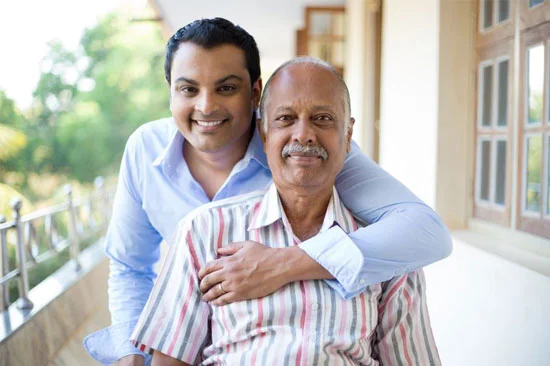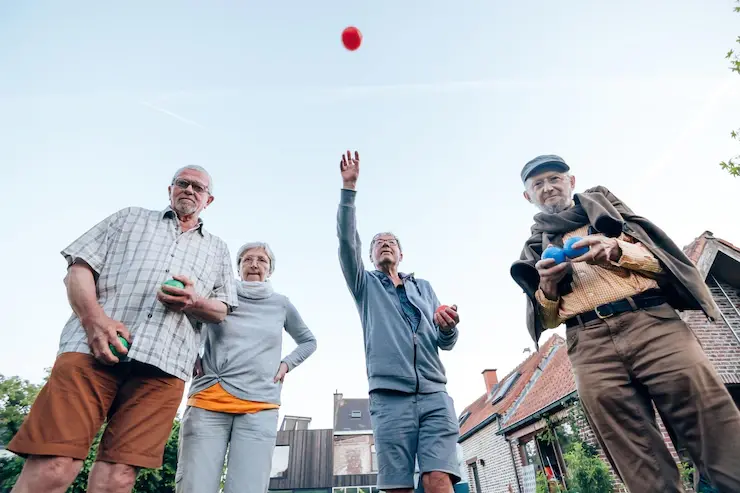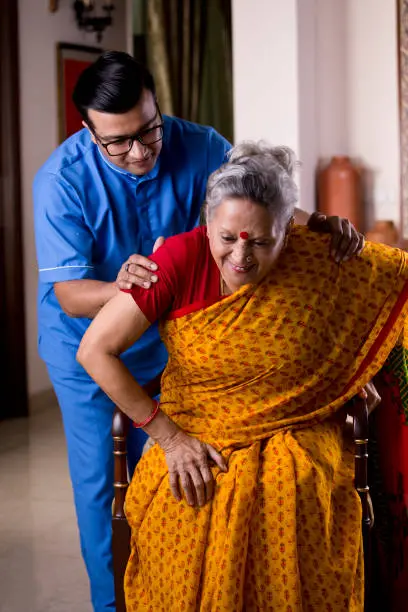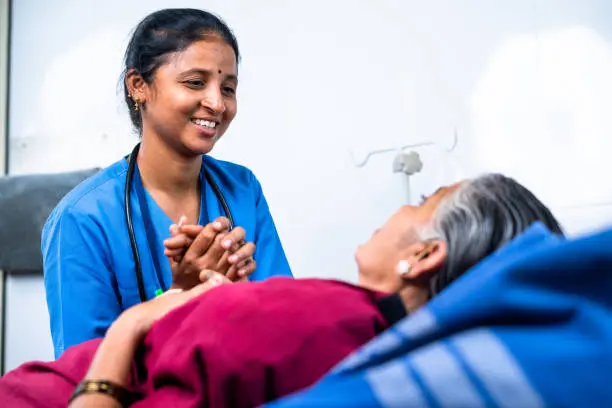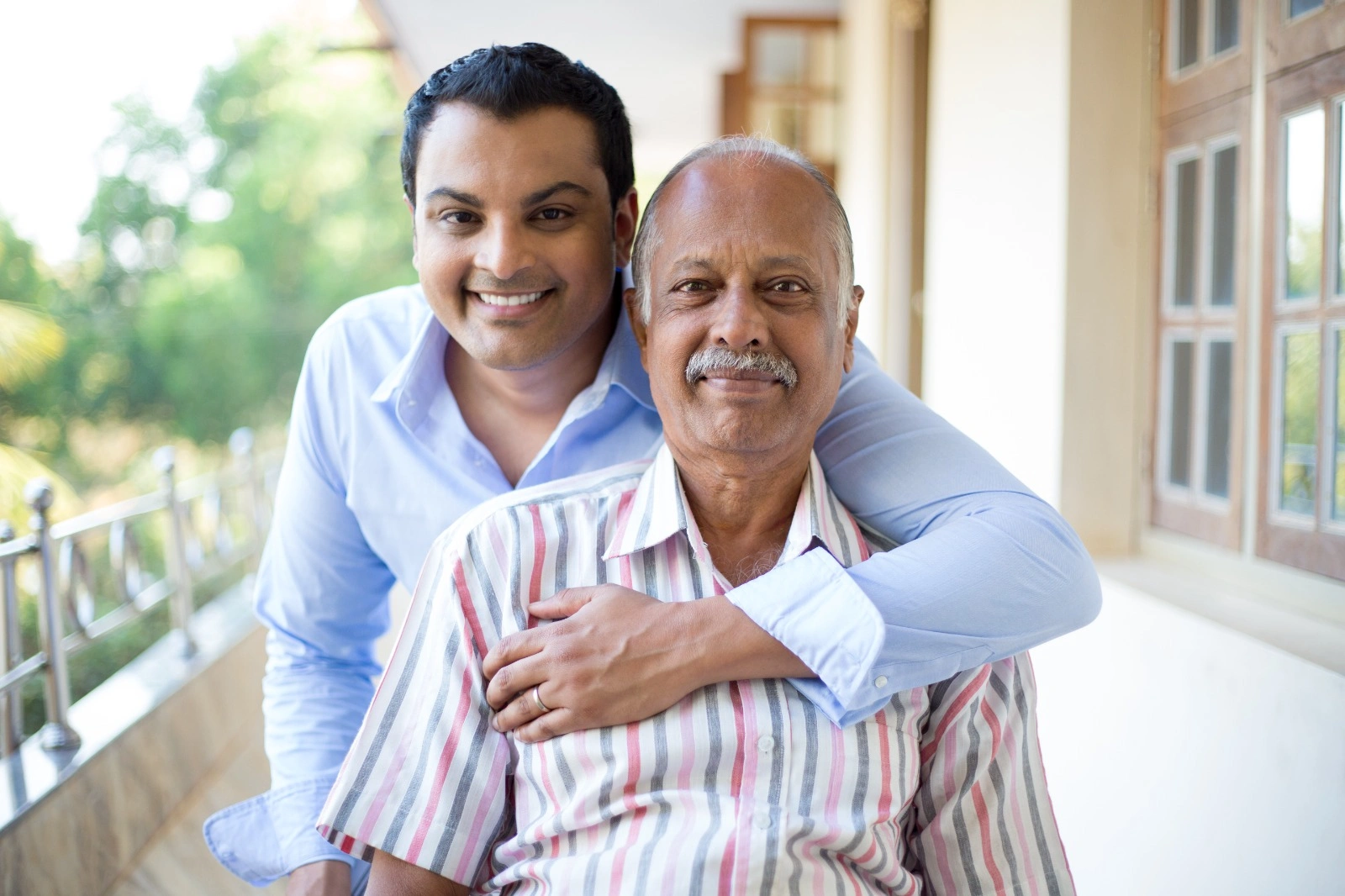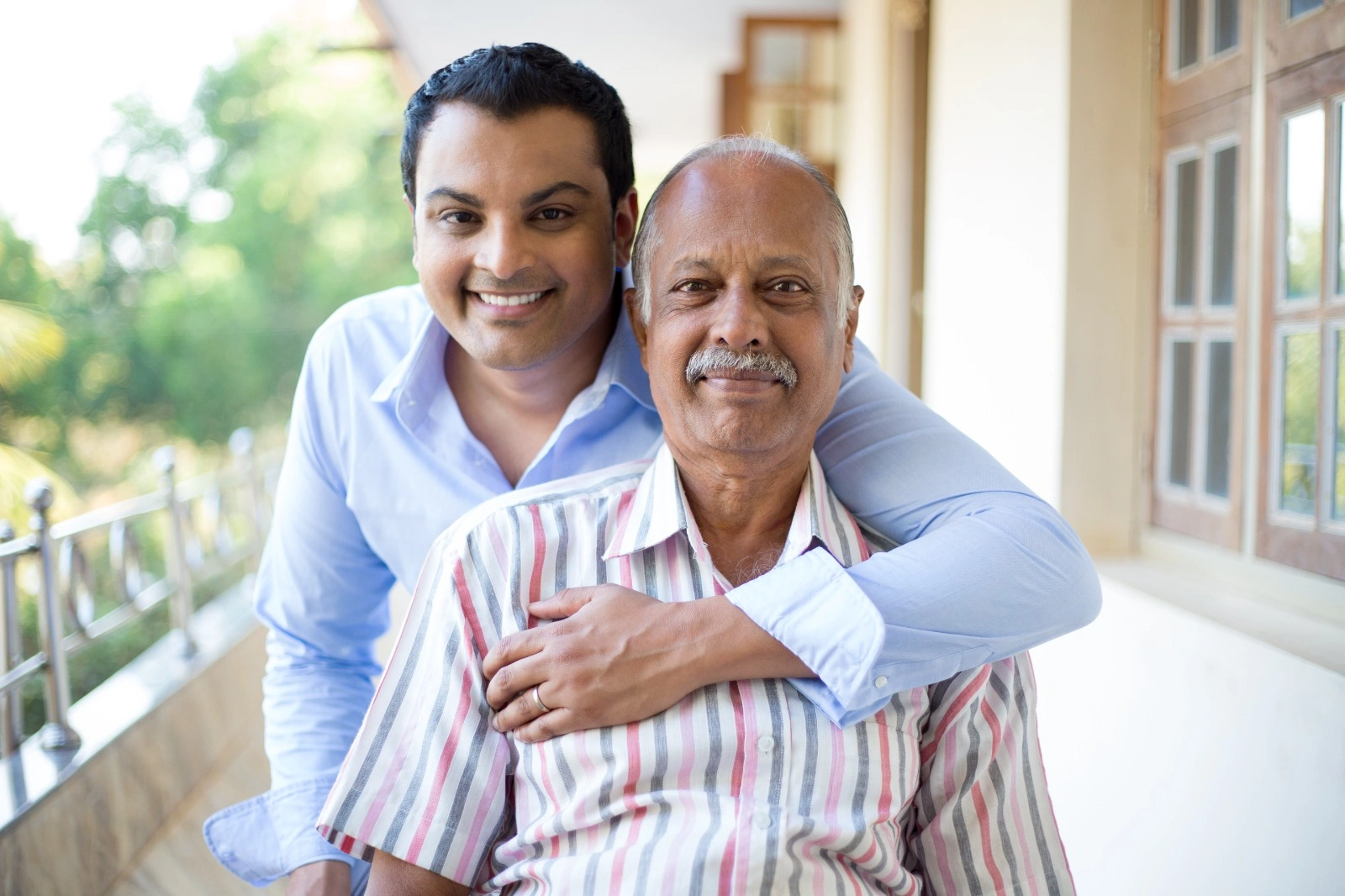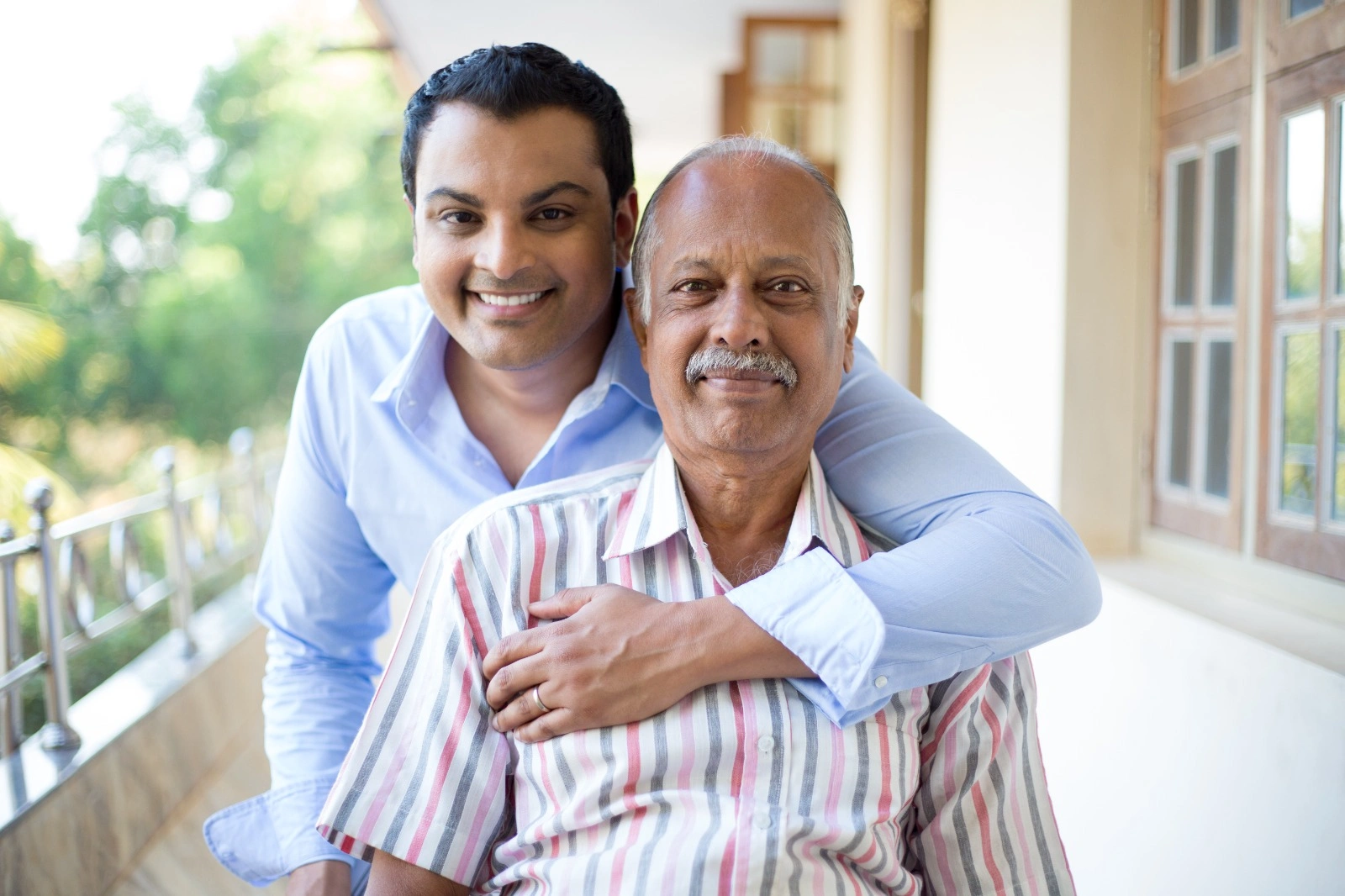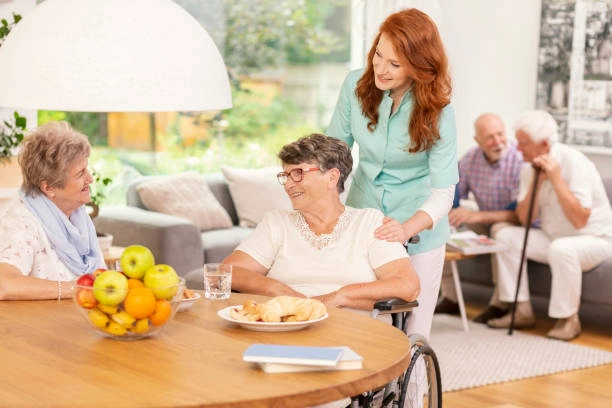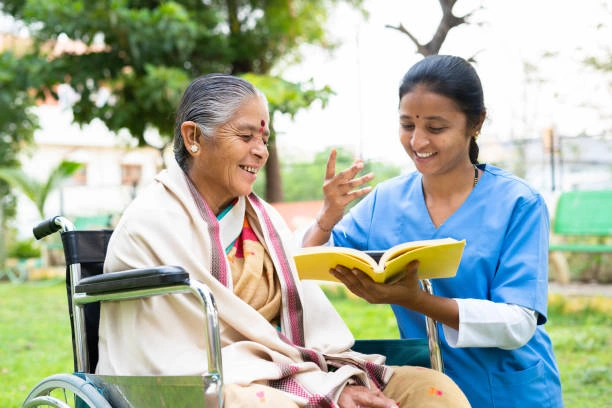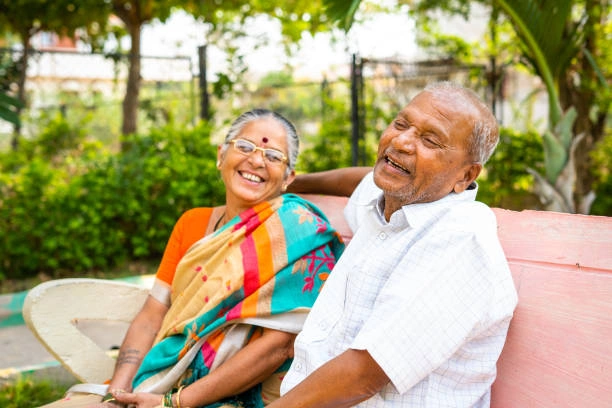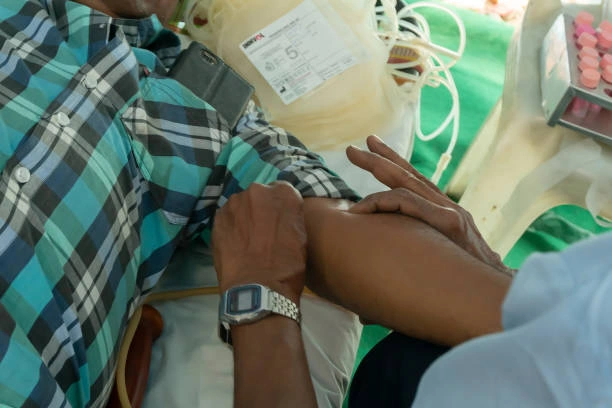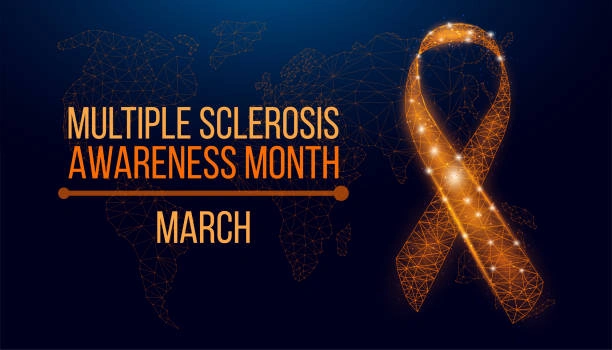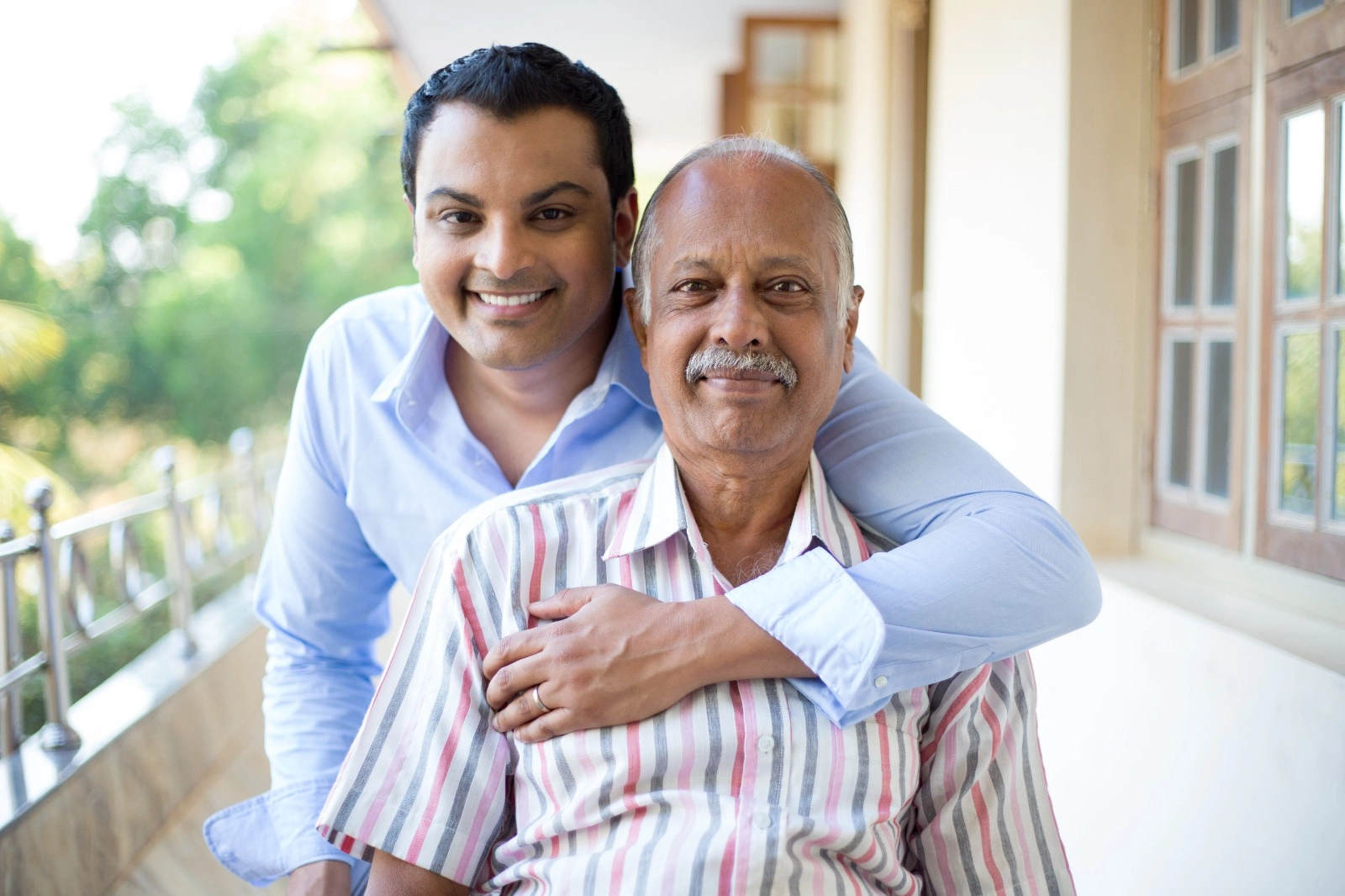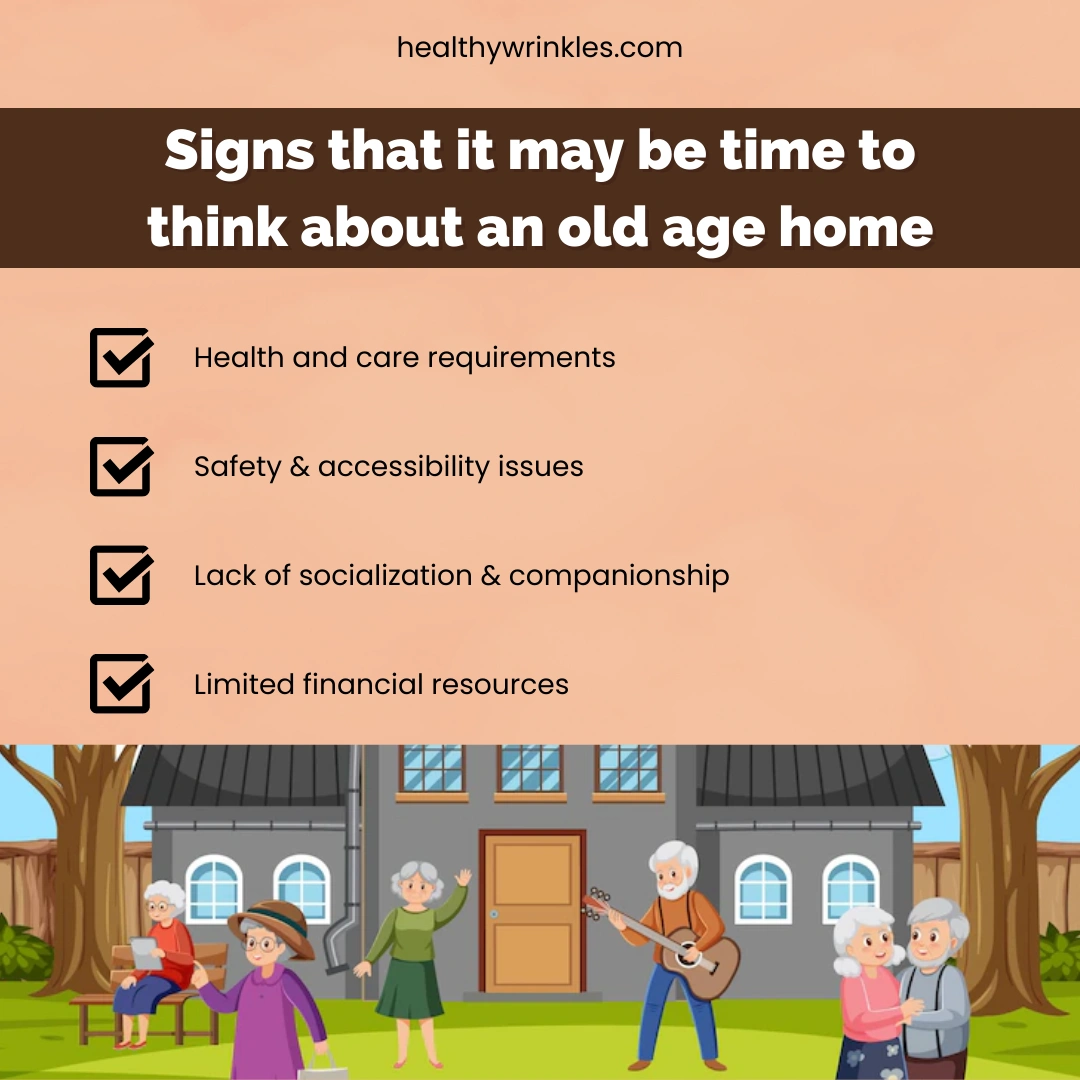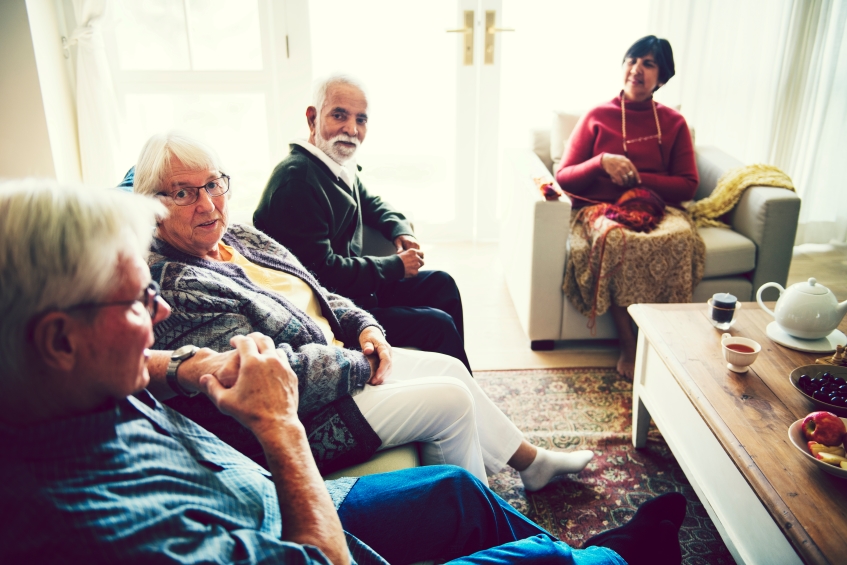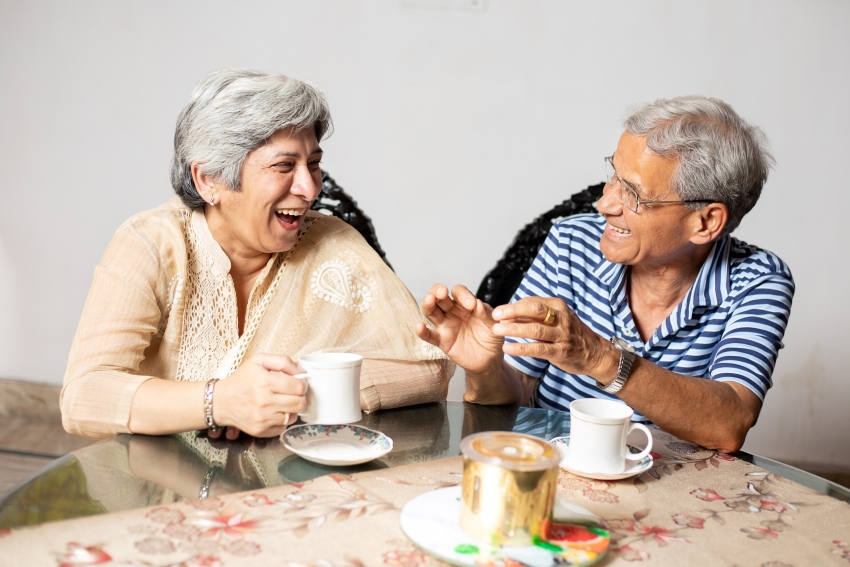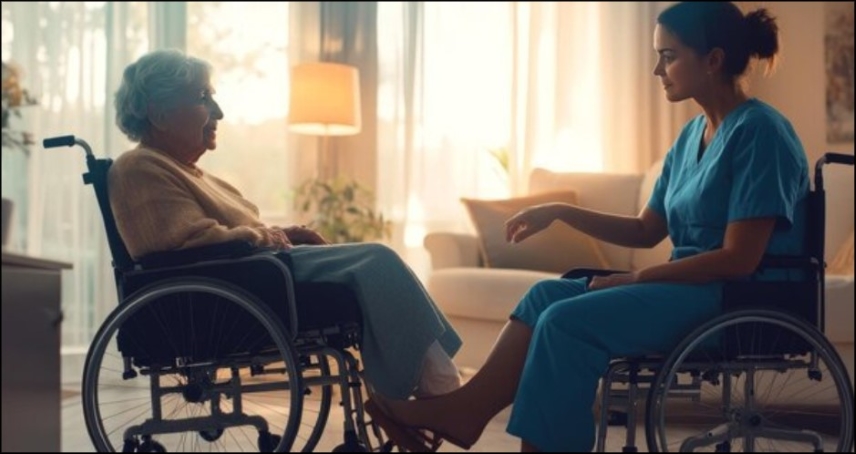Choosing the Right Caregiver for Your Senior Loved One Matching Needs with Skills
27-09-24
As seniors age, they may require assistance with various daily activities, ranging from basic companionship to skilled nursing care. Choosing the right caregiver for a senior loved one can be a daunting task, especially when considering their unique needs and matching them with the caregiver's skills. It is crucial to find a caregiver who not only meets the senior's medical needs but also provides emotional support and companionship. In this article, we will explore the different types of caregivers available and how to match their skills with your senior loved one's needs.
The first step in choosing the right caregiver for a senior loved one is to determine their needs. Are they struggling with activities of daily living, such as bathing, dressing, and grooming? Do they need help with mobility or transportation? Are they managing chronic health conditions, such as diabetes or heart disease? Once the senior's needs are identified, it is essential to find a caregiver with the appropriate skills and training to meet those needs.
One option for caregivers is a companion caregiver who provides emotional support, conversation, and assistance with light housekeeping or meal preparation. Companion caregivers can accompany seniors to appointments or social outings and prevent loneliness. However, they may not have the necessary medical training to manage more complex medical conditions.
Another type of caregiver is a personal care provider who assists with activities of daily living such as bathing, dressing, grooming, and toileting. They may also provide mobility assistance and gentle housekeeping. Personal care providers should have basic first aid and CPR training, but may not have advanced medical training.
For seniors who require medical assistance, a skilled nursing caregiver may be necessary. Skilled nursing caregivers have specialized training and certifications, such as a GNM certification, to provide more advanced medical care. They can manage complex health conditions, such as wound care, medication management, and ventilator care. Skilled nursing caregivers can also provide physical or occupational therapy to help seniors maintain or regain mobility.
Once the type of caregiver is identified, it is essential to ensure that they have the appropriate training, experience, and credentials. Ask about their education and certifications, as well as their experience working with seniors with similar needs. Request references and speak with them about their experience with the caregiver.
It is also important to consider the caregiver's personality and communication style. Seniors may spend a significant amount of time with their caregiver, so finding someone who is compassionate, patient, and kind can make a big difference in their quality of life. Additionally, the caregiver should be able to communicate effectively with the senior, their family, and other healthcare providers.
In addition to finding the right caregiver, it is crucial to establish clear expectations and communication with the caregiver. Discuss the senior's needs, preferences, and routines, as well as any specific medical conditions or treatments. Set expectations for the caregiver's duties and schedule, and communicate regularly to ensure that the senior's needs are being met.
In conclusion, choosing the right caregiver for a senior loved one is a crucial decision that requires careful consideration. By identifying the senior's unique needs and matching them with a caregiver's skills and experience, seniors can receive the support and assistance they need to maintain their independence and quality of life. It is also essential to establish clear communication and expectations with the caregiver to ensure that the senior's needs are being met. By taking the time to find the right caregiver, families can provide their loved ones with the compassionate and skilled care they deserve.






